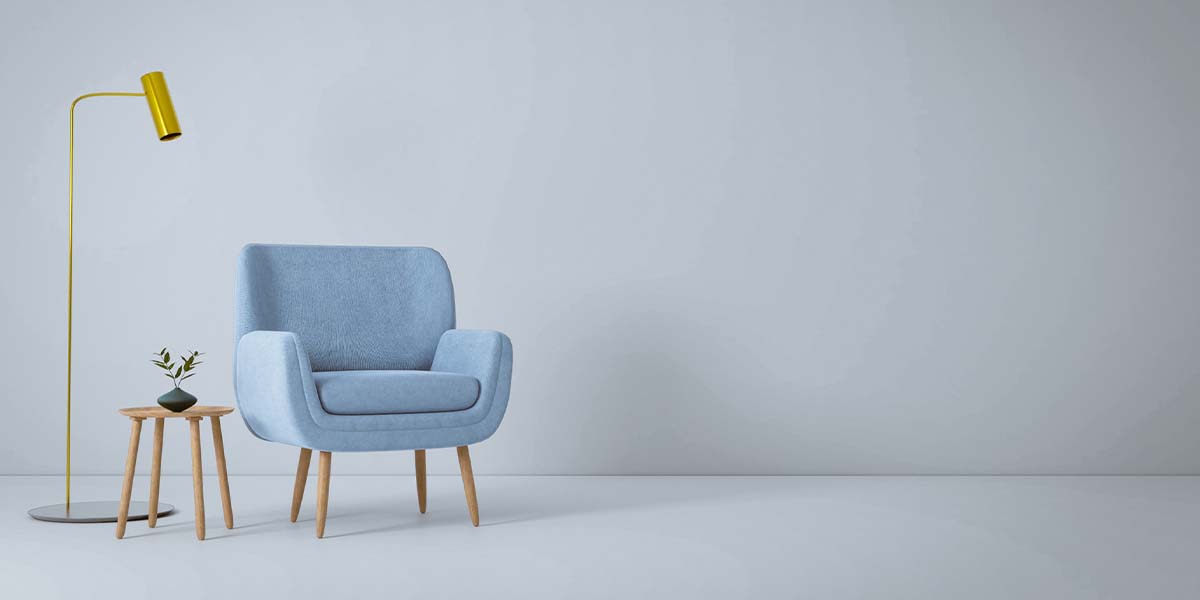.png)
A Different Approach to Pornography Addiction
Pornography addiction can be particularly woeful, as not only can it be shame-inducing and dehumanizing of all parties involved, but the object of the addiction, the cell phone, is likely present in our pockets or nightstands at all times, making it particularly difficult to shake. Is quitting the addiction to porn completely and suddenly the most effective approach?
The ubiquitous nature of technology and the introduction of cell phones into daily life have proven, in many ways, to be a profound example of the brilliance of human ingenuity. Many research articles outline the positives of tying ourselves so tightly to technology, from the efficiency improvements in many industries to connecting human beings to a degree that would have been inconceivable even 100 years ago.
Even more has been said about the negatives of this technological growth and whether this connectivity we have achieved is even remotely real or quenches the human thirst for community. Authors including Jean Twenge (iGen) and Jonathan Haidt (The Anxious Mind) have written entire books about the effects of overconsumption of social media on young people's minds.
However, it is adding to the increasing feelings of isolation and mental decline of users regardless of age. These feelings of isolation and loneliness are compounded as we are bombarded with a version of pseudo-connectivity presented by social media: the belief that our lives should be perfect and interesting and the people in it should be beautiful.
People never quite measure up to this ideal, so as a way to mask the hurt and longing, they can turn to a substance or vice to cope. Though some may turn to substances like alcohol or drugs, more and more people are turning to pornography to regulate their emotions.
Exposure Happens Early
People in the United States, on average, view pornography for the first time by the age of 12, with many viewing it by the age of 10, before they have even entered puberty and while there is still plasticity in their brains. It is extremely common for a porn-addicted 28-year-old man (or woman) to come to therapy with around 18 years of pathways to break down, more than half their life. This approach will require the individual to find accountability and fight against the justification of the behavior, but quitting is possible.
Pornography addiction can prove to be a complex issue. In Christian or other religious circles, the use of pornography is still largely considered an unacceptable behavior. Still, the perspectives can be even more wide-ranging in more secular or non-faith-related spaces. The more sex-positive beliefs view it as necessary or emphasize the validity of sex work as a profession, while people in the brain science world point to how it can negatively affect our brain chemistry if consumed for too long.
dealing with shame
In my personal experience, I have attended a number of prayer groups or Bible studies where, at times, intense shame was expressed concerning a pornography addiction. It is this feeling of shame that traps so many in their addiction to pornography and produces a sense of desperation to quit. But as I said before, the consumption of pornography is an emotional regulation technique used to cope with negative emotions. Since shame and desperation are both intense negative emotions, it is understandable to see how a cycle of shame and addiction develops.
Dr. Alok Kanojia, also known as Dr K. on YouTube, is a psychiatrist who has done many incredible videos on recovery from pornography addiction. He believes that the moment we allow desperation to fuel our desire to fix our addiction is when we will eventually lose to it because the fuel of desperation will eventually run out. Eventually, that old feeling of desperation one has after using will run out, the boredom will set in, or the act of resisting will become too much, causing one to relapse. When we deprive or resist our cravings, it, of course, brings up negative feelings like withdrawals.
Though abstaining from pornography does not produce the same physiological responses or withdrawals that substances do, the cravings can still be intense, especially if one is trying to overcome a long-term addiction. It is because of these intense cravings that Dr K, as odd as it sounds, argues against resisting one’s urges or cravings to use pornography. He argues that the more one resists and fails, the more intense the cravings become.
When one gives in and relapses, they resolve their intense negative feelings, further reinforcing the behavior in their brain as an activity that can relieve their cognitive ailment. This is the case with all addictions, but pornography addiction is a little different and the recovery process also can look very different. Dr. K instead reframes the struggle by saying that “you need to fight battles you can win” and to set up the battlefield in a way that is more advantageous to defeating one’s addiction.
retrain your brain
To create new neural pathways and break down the old, negative ones, one needs to retrain their brain on how to respond to resistance, and one way to do this is to schedule your usage. Usage patterns are, of course, different for everyone, but say an individual is looking at pornographic material every single day, in this case, scheduling usage might be choosing 1 or 2 days throughout the week where they will “allow” themselves to use if they would like and the rest of the days they do not.
On days when they are outside their “allowed” window, they are training their brain how to respond to resistance, little by little, and as time goes on, the “allowed” window may become shorter and shorter, to the point where resistance no longer feels difficult and total abstinence feels much more doable, with the goal being total sobriety from all pornographic material.
This, understandably, sounds undeniably dubious and counterintuitive. Since the desperation to quit can feel so intense, the thought of resisting resistance sounds crazy, especially if religious guilt and shame are being thrown in as well, a belief that one’s higher power will be disappointed if the habit continues even one more day.
Not only that, the adult industry is inherently predatory, objectifying, and dehumanizing to many people (mainly women), so quitting pornography cold turkey should always be the first approach taken. I only argue that this second approach should be put in place because it can be difficult to break free of likely decades' worth of neural pathways and dopaminergic rewards.
All in all, whether one desires to quit cold turkey or use a different recovery plan, the most important aspects of recovery are lifting the feelings of shame and giving oneself grace in the process. It is incredibly honorable to fight to live a life worth living, and it should not be done alone.
As a licensed professional counselor associate and licensed chemical dependency counselor Level I, I have worked extensively with both adolescents and adults struggling with addiction and “failure to launch” issues. If you're looking for therapy in Texas, I am currently accepting new clients at Lifeologie Counseling Midlothian, where our are trained to approach healing from addictive behaviors with compassion in a judgment-free environment.
Our goal is to help our clients develop tools that empower them to live healthy, meaningful lives. It takes commitment and support to overcome addictions, and it takes strength and self compassion to move on from unhealthy relationships with partners who are addicted to pornography. Call us at (214) 530-2335 in Midlothian, or find a Lifeologie Counseling addictive behavior specialist near you. You can also view my therapist profile, or call (214) 530-2335 to schedule a brief initial consult with me.
Feel free to learn more about my approach to therapy by reading my companion blog, How Can Therapy Address Addiction? Whether you’re ready to quit your addiction cold turkey or explore other approaches, Lifeologie Counseling is here when you’re ready to take the first step toward healing.

About Jackson Jontra
Jackson Jontra helps people who are struggling with loneliness and self-doubt, neurodivergent individuals trying to find their voice, and athletes who need to overcome the “yips”. Jackson has worked extensively with adolescents and adults struggling with addiction and “failure to launch” issues. He sees adolescents and adults at Lifeologie Counseling Midlothian.
Meet Me.png)

.png)
.png)
